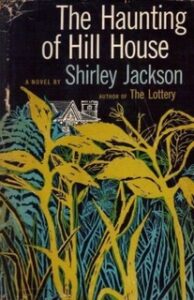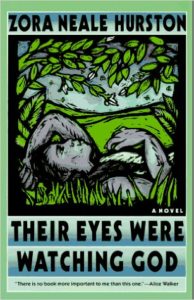More on the Long, Hard Road Ahead

We received a lot of responses to Tuesday’s essay about the seriously bad state of the US economy. Most were versions of “I think you’re right! What can I do about it?” But a few were along the lines of “What do you know?” and “Why should l listen to you?”
I will give you my thoughts on “What to do” next week. Today, I want to tell you what I know and why you should, or shouldn’t, listen to me.
First, I am not an economist or investment analyst. In fact, I have no academic interest in either discipline. But since I began making an above-average income, I’ve been very much interested in understanding enough about the economy and the financial markets to build my wealth.
It started in the early 1980s, when my partner (at the time) and I began to sell financial newsletters. We built a sizable business selling the advice of the analysts and economists that wrote for us. But I noticed that their success in making money year after year fluctuated for many reasons.
And then I read that, although the stock market has returned, on average, about 9% to 10% over 100 years, individual investors that tried to beat the market (by taking advice from experts like those that worked for us) fared much worse than that. Trying to outsmart the market, it turned out, was a risky game.
Eventually, I developed my own investment philosophy. Rather than hoping to outsmart the market, I would find the safest way possible to get each submarket’s average historical rate of return. And by weighting the assets I invested in according to their historical volatility patterns, I was able to increase my family’s wealth, without a single down year, for more than 40 years.
It wasn’t rocket science. It was quite the opposite. I stuck to a few simple rules that the world’s most successful investors had recommended. And I did not deviate from them when I got scared or greedy.
That’s how I’ve always explained it. And that’s what I always believed. But a friend of mine, an autodidact economist, said something to me recently that challenged my confidence. He pointed out that my track record, however impressive, was only 40 years long. I began investing in earnest in 1982, when I started making an above-average income. It was the year that Paul Volcker broke the back of the stagflation that the US had been suffering from during the prior decade, and the beginning of the biggest bull market in equities in history.
That was then. This is now. Will my investment strategy continue to work? Or could the economy have changed in some fundamental way?
Back then, the federal debt was one trillion dollars. We had Ronald Reagan in the White House and Paul Volcker as head of the Fed. Today, the federal debt is an unbelievable $31 trillion. Our president is Joe Biden and the head of the Fed in James Powell.
As I said Tuesday, I’m preparing for a long, tough road ahead – with double-digit inflation and low-to-negative economic growth. I’m expecting rising unemployment and a larger gap between personal income and inflation. I’m expecting the stock market to take another serious dive and stay down for many years. I’m expecting to see many areas of the real estate market decline. I’m expecting cryptocurrencies to be outlawed in favor of the digital dollar, which will guarantee the continuance of both higher income taxes and inflation.
I could go on. You get the picture.
And I think it’s all going to happen very soon. In fact, I think it’s already begun.
I had a conversation with one of my builders last week. This is a man I’ve worked with for 30 years. He’s been continually employed doing multimillion-dollar projects since the day I met him. He always had much more work than he could handle. It was always hard to persuade him to take on another one of my projects. Last week, he asked me if I had anything for him. I didn’t.
What am I going to do? I’m not 100% sure. But I’ll try to have a definite answer for you next week.



